Tricks Lawyers Use In Depositions – You Need To Know In 2024!
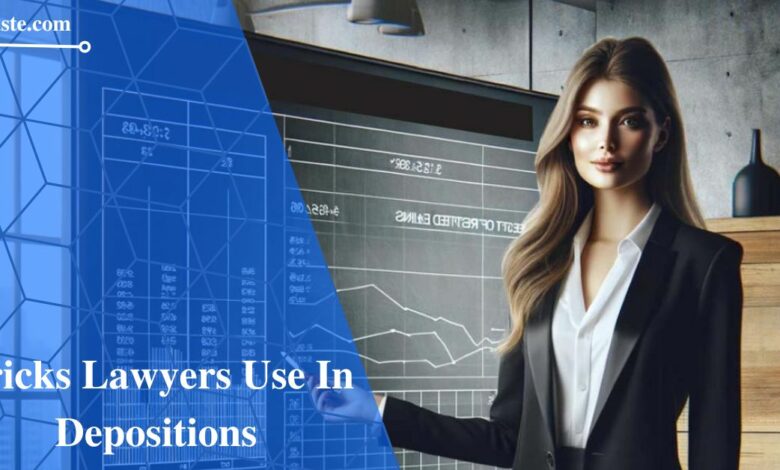
Navigating the intricacies of depositions is a critical skill for any lawyer, requiring a combination of legal knowledge, strategic thinking, and effective communication.
In the legal arena, depositions play a pivotal role in gathering information, assessing witness credibility, and building a foundation for trial. Tricks lawyers use in depositions to elicit crucial testimony, control the flow of questioning, and shape the narrative in their client’s favor.
In this article, we delve into the tricks lawyers use in depositions, exploring strategic questioning techniques, methods for building a solid record, strategies for managing challenging witnesses, and the benefits of leveraging technology to enhance the deposition process.
Strategic Questioning Tricks Lawyers Use In Depositions – Have A Look At Them!
Strategic questioning lies at the heart of tricks lawyers use in depositions. Lawyers employ various tactics to elicit crucial information, control the flow of testimony, and shape the narrative in favor of their clients. Here are some strategic questioning Tricks lawyers use in depositions:
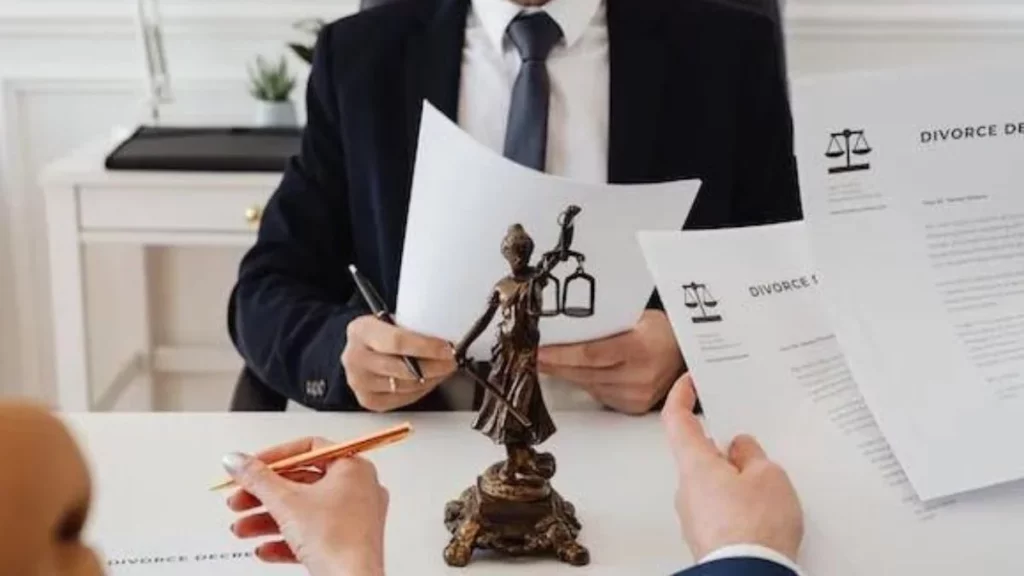
- Understanding the Witness: Before the deposition, lawyers conduct thorough research to understand the witness’s background, motivations, and potential biases. This helps them tailor their questioning approach accordingly.
- Setting the Stage with Open-Ended Questions: Tricks lawyers use in depositions include open-ended questions to allow the witness to provide narrative responses. These questions encourage the witness to share their perspective without prompting, potentially revealing valuable information.
- Utilizing Leading Questions for Control: While open-ended questions lay the groundwork, lawyers strategically employ leading questions to guide the witness toward specific points or lines of inquiry. Leading questions often contain the desired answer within the question itself, subtly influencing the witness’s response.
- Sequencing Questions for Maximum Impact: Tricks Lawyers Use In Depositions include carefully sequence their questions to build momentum and extract information progressively. They may start with broader inquiries before narrowing down to more specific details, creating a logical progression that keeps the witness engaged.
- Challenging Assumptions and Inconsistencies: Lawyers use questioning to challenge assumptions or inconsistencies in the witness’s testimony. By highlighting contradictions or discrepancies, they can undermine the witness’s credibility and strengthen their case.
- Employing Silence as a Tool: Silence can be a powerful tool in strategic questioning. Lawyers may pause after asking a particularly important question, allowing the witness time to process and respond. Silence can create pressure for the witness to provide a genuine answer or fill the void with potentially revealing information.
- Using Repetition for Emphasis: Repetition can reinforce key points and highlight discrepancies in the witness’s testimony. Lawyers may ask similar questions in different ways or revisit previous responses to test consistency and accuracy.
- Remaining Flexible and Adaptive: Effective deposition questioning requires adaptability. Lawyers must be prepared to adjust their approach based on the witness’s responses, unexpected developments, or shifting dynamics during the deposition.
By mastering these strategic questioning techniques, lawyers can effectively navigate depositions, uncover critical information, and advance their client’s interests in litigation.
What Is A Deposition? – You Should Know!
A deposition is a sworn testimony given outside of court proceedings. It typically involves a party to a lawsuit, a witness, a medical professional, or an expert providing their account of the facts and their opinions related to the legal dispute before the trial begins.
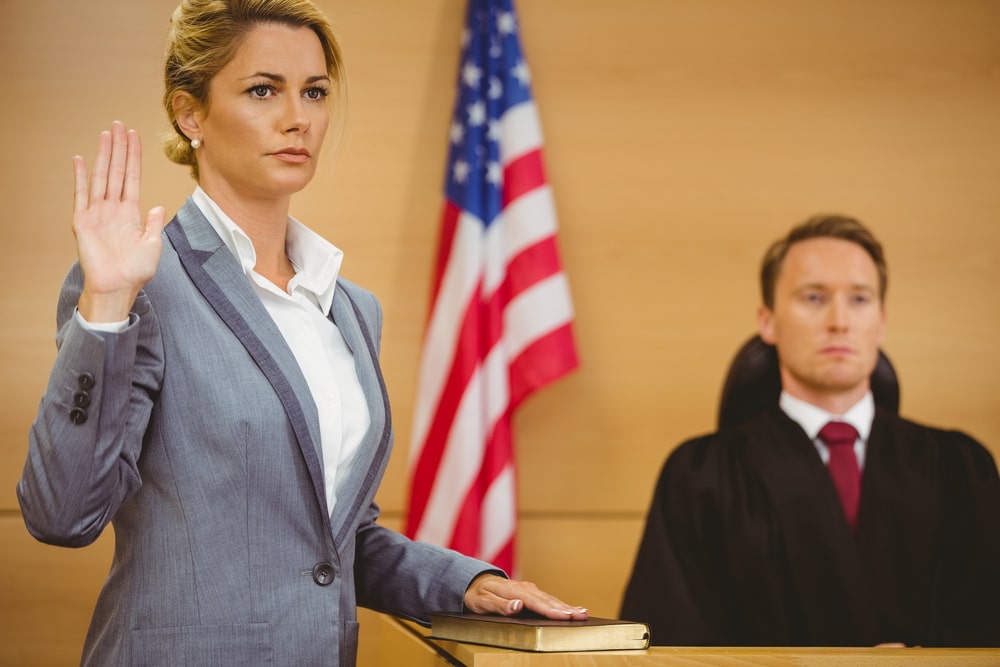
The purpose is to gather information and record the witness’s statements, which will be transcribed by a court reporter and used as evidence during the trial. The primary objectives of a deposition are to ascertain what the witness knows and to document their testimony thoroughly.
This process allows all parties involved to uncover pertinent details and prevent surprises during the trial. Attorneys often employ various techniques during depositions to gather information and strengthen their case for trial.
Depositions can involve individuals who possess relevant knowledge about the case’s facts.
Read Also: Eilat Stone – Let’s Discover In 2024!
Objections Tricks Lawyers Use In Depositions – Discover Today!
Objections serve as powerful tools for controlling the deposition process and protecting the interests of the client. Here’s how lawyers strategically use objections during depositions:
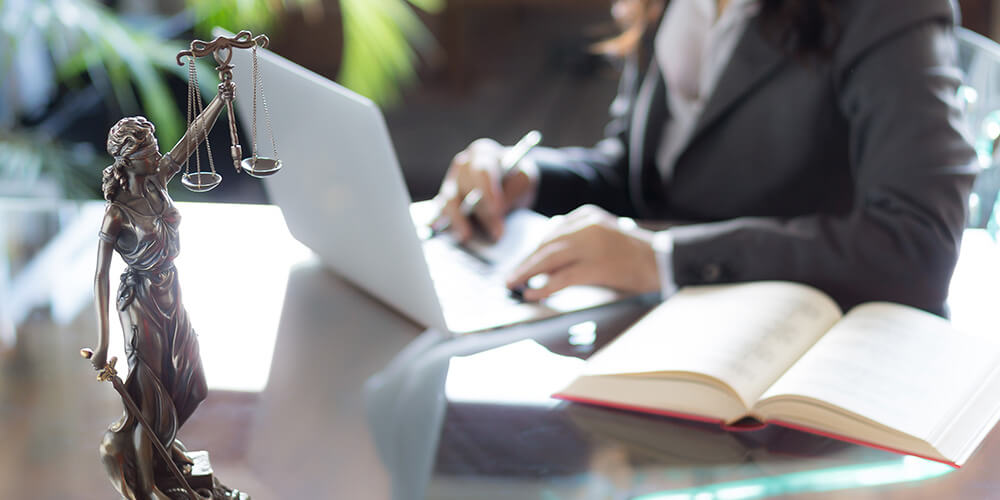
- Maintaining Relevance: Lawyers frequently object to questions that are irrelevant to the case at hand. By objecting to irrelevant lines of questioning, lawyers can prevent the opposing counsel from wasting time or pursuing tangential issues that have no bearing on the matter at hand.
- Guarding Against Hearsay: Objections based on hearsay are common during depositions. Lawyers object when a witness attempts to testify about statements made by others that are not based on their knowledge. This helps maintain the integrity of the evidence presented during the deposition.
- Protecting Privileged Information: Lawyers object to questions that seek privileged information, such as attorney-client communications or confidential medical records. By objecting to these inquiries, lawyers safeguard sensitive information and prevent its disclosure during the deposition.
- Preventing Badgering or Harassment: Lawyers object to questions that are harassing, intimidating, or designed to badger the witness. Objecting to such questions helps maintain a respectful and professional atmosphere during the deposition and prevents undue pressure on the witness.
- Preserving Objections for Trial: Tricks lawyers use in depositions to preserve objections for trial. By raising objections during the deposition, lawyers create a record for potential challenges or appeals later in the litigation process.
- Educating the Witness: Objections can also serve an educational purpose for the witness. Lawyers may object to improper questions and then explain to the witness why the question is objectionable or how they should properly respond. This helps ensure that the witness understands their obligations during the deposition.
- Controlling the Flow of Testimony: Objecting to inappropriate questions can help lawyers maintain control over the deposition process and steer the questioning in a more productive direction. By objecting strategically, lawyers can shape the narrative and focus on eliciting relevant information that supports their case.
Overall, objections play a crucial role in controlling the deposition process and ensuring that it remains fair, efficient, and focused on the relevant issues.
Lawyers must use objections judiciously and strategically to protect their client’s interests while also adhering to the rules of civil procedure and professional conduct.
Read Also: Shane Deary – Unlocking The Journey Of Inspirations In 2024!
Building A Record For Trial – Explore Now!
Building a comprehensive and strategic record during depositions is essential for trial preparation. Here are some key aspects lawyers focus on to build a strong record:
Establishing Key Facts and Testimony:
Lawyers meticulously extract and document key facts and testimony during depositions. This includes eliciting details that support their client’s case while undermining the opposing party’s arguments.
Lawyers often use a combination of direct questioning, cross-examination, and follow-up inquiries to gather relevant information.
Challenging Inconsistent Statements:
Lawyers closely scrutinize witness statements for inconsistencies or contradictions. When inconsistencies arise, they probe further to clarify or challenge the discrepancies. By exposing inconsistencies, lawyers can undermine the credibility of opposing witnesses and strengthen their case.
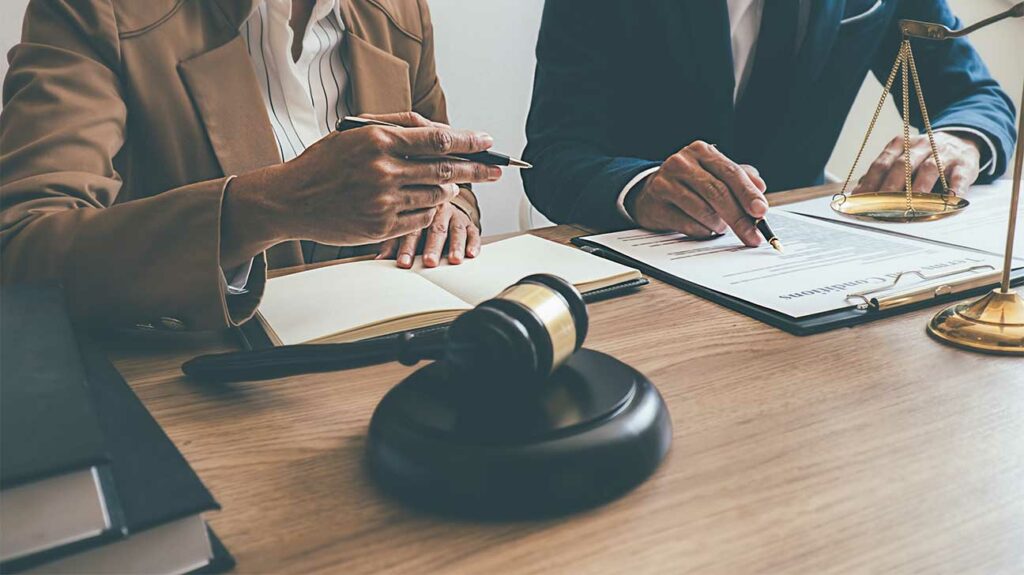
Preserving Evidence through Depositions:
Depositions serve as a crucial opportunity to preserve evidence and testimony for trial. Lawyers carefully document witness statements, admissions, and other relevant information to create a record that can be presented in court.
This includes securing testimony from key witnesses and experts, as well as preserving physical evidence or exhibits.
Read Also: Kennedy Funding Lawsuit – Unveiling The Success In 2024!
Addressing Potential Counterarguments:
Lawyers anticipate potential counterarguments or challenges from the opposing party and work to preemptively address them during depositions.
By eliciting testimony that refutes or undermines anticipated arguments, lawyers can strengthen their case and mitigate potential weaknesses.
Laying Foundation for Exhibits and Demonstratives:
Tricks lawyers use in depositions to lay the foundation for the introduction of exhibits and demonstratives at trial. This may involve questioning witnesses about documents, photographs, or other evidence relevant to the case.
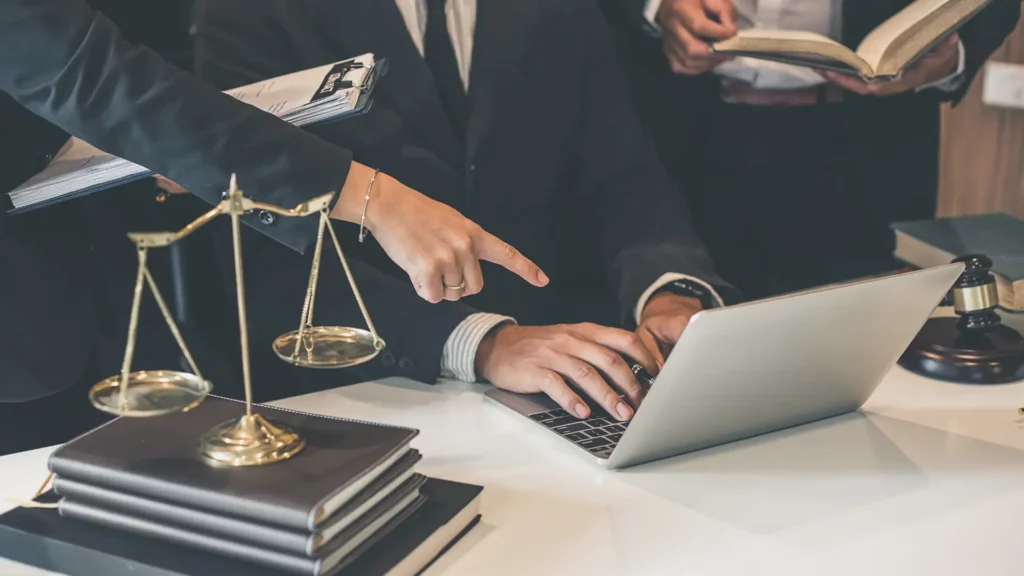
By establishing the authenticity and relevance of exhibits during depositions, lawyers streamline the trial process and enhance the persuasive impact of their evidence.
Building a Narrative:
Tricks lawyers use in depositions provide lawyers with an opportunity to begin constructing a compelling narrative for trial. Through strategic questioning and elicitation of testimony, lawyers shape the narrative of the case, emphasizing key themes and arguments that support their client’s position.
This narrative-building process starts during depositions and continues through trial preparation and presentation.
By focusing on these aspects, lawyers can effectively build a record during depositions that lays the groundwork for a persuasive case presentation at trial. A thorough and strategic deposition strategy can significantly enhance the chances of success for their client.
Read Also: 45.743.633 Ltda Ecoseg – Consultoria, Gestao E Treinamentos – Everything You Need To Know!
Frequently Asked Questions:
1. How do lawyers handle evasive witnesses during depositions?
Lawyers employ techniques such as rapport-building and redirection to elicit truthful responses from evasive witnesses.
2. What role do objections play in controlling the flow of questioning during depositions?
Objections help lawyers maintain relevance, guard against hearsay, and prevent harassment during the deposition process.
3. How can technology benefit the deposition process?
Technology, such as video depositions and real-time transcripts, enhances efficiency, accuracy, and presentation quality during depositions.
4. What are common pitfalls to avoid when using strategic questioning in depositions?
Overuse of leading questions, failure to adapt to witness responses, and losing focus on key objectives can undermine strategic questioning tactics in depositions.
5. How can lawyers build a strong record for trial during depositions?
Lawyers meticulously establish key facts, challenge inconsistencies, preserve evidence, address potential counterarguments, and craft a compelling narrative during depositions to bolster their case for trial.
Conclusion:
Mastering deposition techniques is crucial for lawyers to extract key information, control narratives, and strengthen cases for trial, ensuring effective advocacy and favorable outcomes for their clients. With strategic questioning, adept use of objections, and leveraging technology, are the tricks lawyers use in depositions.
Must Read:



